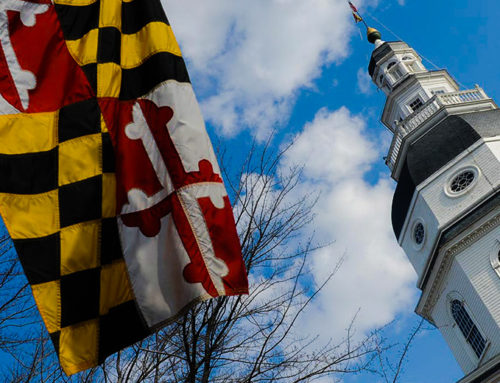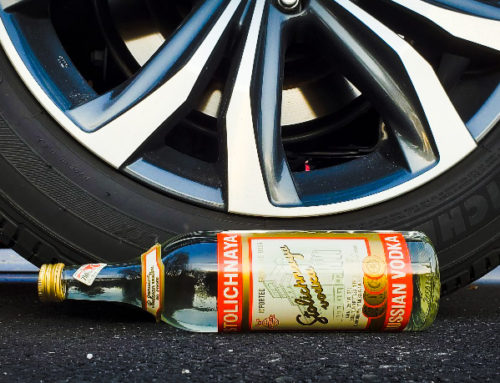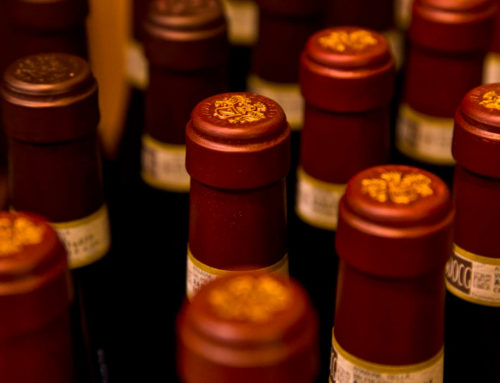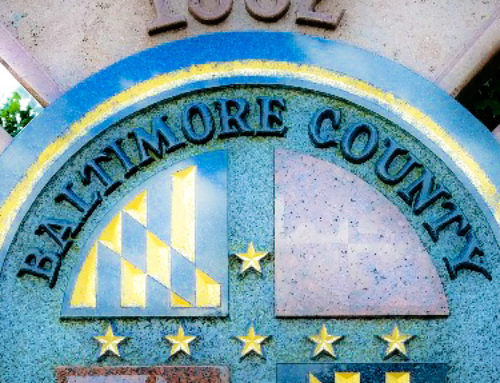View by Topic
Recent Articles
-
Congress Blocks California’s Gasoline Car BanSaturday, May 31st, 2025
-
EPA Will Keep Current Limits for “Forever Chemicals” in Drinking WaterSaturday, May 24th, 2025
-
Court Indefinitely Pauses SEC Climate Rule LitigationSaturday, May 17th, 2025
-
Maryland is About to Regulate Mold But is the Cart Before the HorseSaturday, May 10th, 2025
View by Month/Year
“Green Building Law Update” Headlines
Recent Articles & News from
Stuart Kaplow’s blog
at GreenBuildingLawUpdate.com
- EPA Will Keep Current Limits for “Forever Chemicals” in Drinking Water May 25, 2025
- Court Indefinitely Pauses SEC Climate Rule Litigation May 18, 2025
- Maryland is About to Regulate Mold: But is the Cart Before the Horse? May 11, 2025
- BEPS Redux: The Most Far Reaching Environmental Legislation of the 2025 Maryland General Assembly May 4, 2025
Subscribe to the Green Building Law Update!
Stuart Kaplow brings his expertise and extensive experience to the table with his unique digital publication, "Green Building Law Update". Subscribers receive regular updates to keep them informed about important issues surrounding Environmental Law, Green Building & Real Estate Law, as well as the emerging demand for Environmental Social Governance (ESG).
Get fresh content through the lense of Stuart Kaplow's cutting-edge expertise, innovative commentary and insider perspective. Don't miss another issue! Subscribe below.

100% Tariffs Proposed on your Favorite European Whiskey and Wine
The U.S. Trade Representative is reviewing a list of additional European goods, including Scotch whiskies and French wines, for 100% tariffs.
The proposed duty to be paid on this very large class of alcoholic beverages will have a huge dollar impact not only on American wine drinkers, but also on a wide breadth of American businesses. The USTR is inviting public comments with respect to the imposition of those price doubling additional duties on specific products of specific EU member states. You should consider commenting.
This dispute dates to October 6, 2004, when the United States requested the World Trade Organization settle disputes with the European communities (now the EU), France, Germany, Spain, and the United Kingdom (certain member States) concerning certain illegal subsidies granted by the EU and member States to the EU large civil aircraft domestic industry (i.e., subsidies to Airbus). The WTO ruled for the U.S. and after failed negotiations, in October 2019, the WTO supported a U.S. request to impose tariffs.
Some of those products are already subject to duties or proposed duties of 10% or 25%.
Then in early December, the USTR proposed tariffs in response to the new French digital services tax, on French wine, including Champagne, that had not been included in the October tariff. And later in the month the USTR proposed to impose tariffs on more products, from bed linens to helicopter parts, including levies as high as 100% on nearly all wine from the EU.
So yes, because the EU illegally subsidized Airbus prices two decades ago, American consumers in 2020 are going to pay double for sparkling wine including Champagne, and more.
Irish and Scotch whiskies are proposed for the duty as is Cognac. Nearly all “wine of fresh grapes” from EU countries is now included.
In 2020 when California sober is “out” and Washington drunk is “in” one might think Washington imposing tariffs on alcoholic beverages, while necessary foreign policy is bad domestic policy.
The USTR is inviting interested persons to comment on whether specific products of specific EU member states should be removed from the list or should remain on the list, and if a product remains on the list, whether the current rate of duty should be increased to as high as 100%. The specific list can be found at the comment link below.
The USTR is soliciting public comments, although few have been received from the domestic alcoholic beverage industry on “whether maintaining or imposing additional duties on specific products of one or more specific EU member states would cause disproportionate economic harm to U.S. interests, including small or medium-size businesses and consumers.” If you are an importer, distributor, retailer, restauranteur, or a wine lover, you may wish to comment.
To be assured of consideration, submit comments by January 13, 2020.









